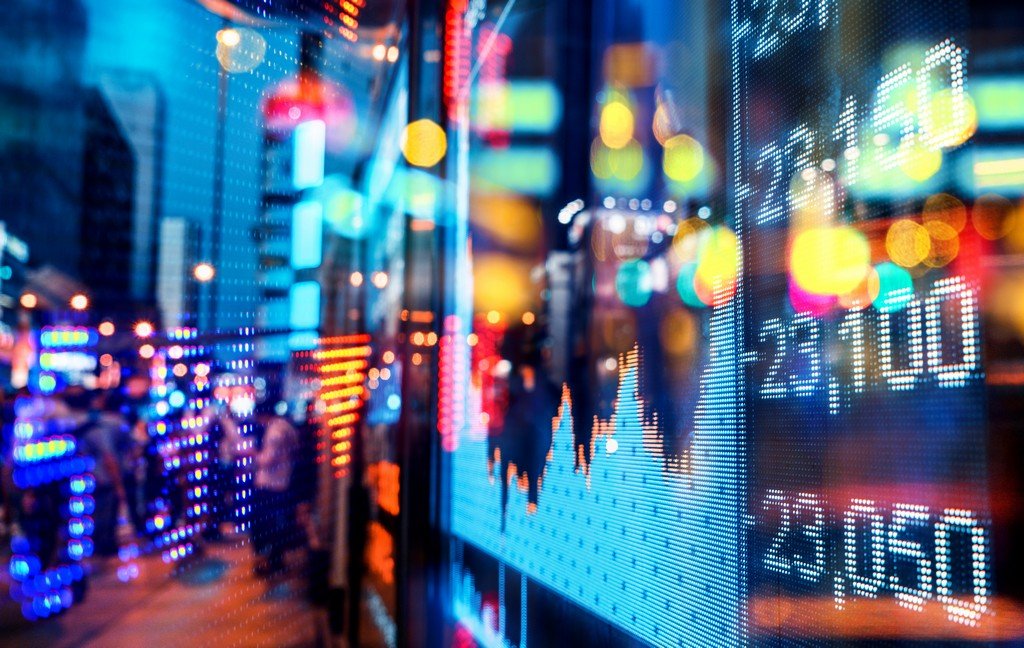The ‘buy now, pay later’ trend could be the next hidden source of consumer debt, analysts warn
August 10, 2021 @ 11:53 +03:00

“Buy now, pay later” options are becoming increasingly popular, but analysts warn of default risks given the lack of credit checks and “opaque” debt reporting. Not being able to check on consumers’ credit history could lead to lenders to underestimate borrowers’ debt levels when assessing new loan applications, they said. There’s also the risk of consumers chalking up more credit card debt in order to pay off their “buy now, pay later” (BNPL) obligations, analysts warned.
BNPL providers usually tie up with retailers — both online and in stores — to offer consumers the option to pay in installments, with perks including no late fees and often high loan limits. Such payment options are growing in popularity among younger consumers especially for online shopping, and an increasing number of companies have started offering the service in the past couple of years.
The sector came under the spotlight last week when digital payments company Square announced a $29 billion deal to buy Australia’s “buy now pay later” provider Afterpay. In a recent report, Fitch Ratings said the sector’s debt performance reporting is “opaque.” Many such providers do not report the use of such services to credit bureaus, the ratings provider said.
A lot of these financial technology apps offer sweeteners that credit cards and traditional installment plans don’t — they sometimes include no late fees, low or no interest, high loan limits and no credit checks required. The conditions vary across providers. On the flip side, the costs of borrowing can spiral if consumers don’t read the conditions carefully. There are some potential pitfalls in fine print: additional fees such as extra charges for rescheduling payments, and some providers charge high late fees. Analysts also warned of the propensity for spontaneous purchases given the simplicity of the application process and cheaper costs of borrowing compared to credit cards.
The ‘buy now, pay later’ trend could be the next hidden source of consumer debt, analysts warn, CNBC, Aug 10







